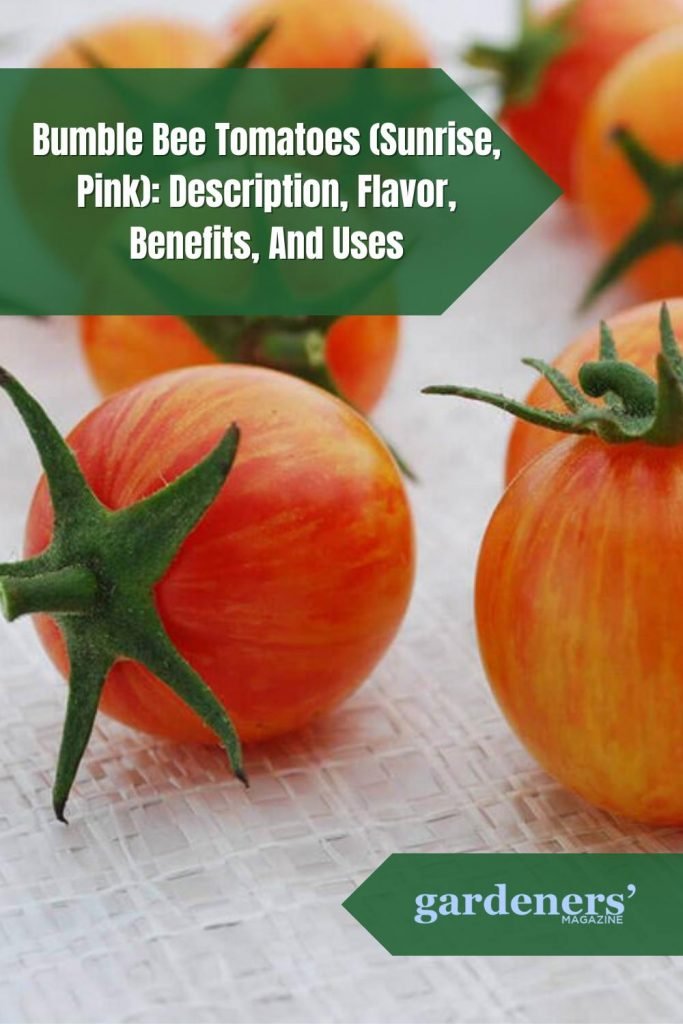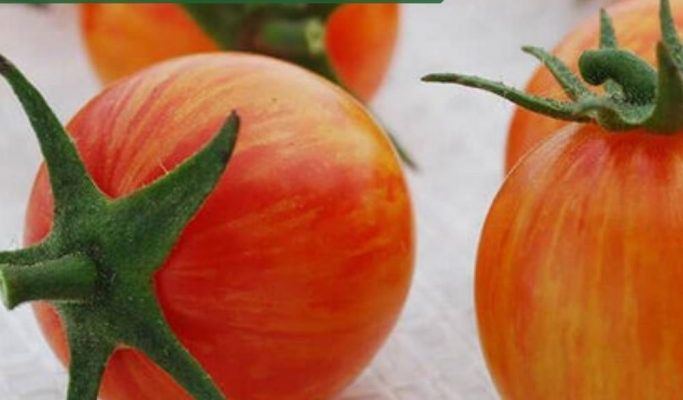
Imagine your garden as a concert where bumblebees are the talented musicians. They play a crucial role in harmonizing the various plants, ensuring everything flourishes together. Just like a skilled musician enhances the overall performance, bumblebees improve plant health through pollination. This not only helps your garden look fabulous but also cultivates a vibrant ecosystem that supports various wildlife. So, grab your gardening gloves, and let’s dive into how bumblebees can transform your gardening and farming experience.
Bumblebees: The Ultimate Pollinators
Bumblebees are recognized as one of the most efficient pollinators out there. Unlike honeybees, which can be a bit picky about where they go, bumblebees are hardy adaptors. They can work under cooler temperatures and on cloudy days, making them perfect for early spring and late summer blooms. When it comes to pollination, you might wonder why it matters so much. Well, let’s break it down.
When bumblebees visit flowers, they transfer pollen from one bloom to another, allowing plants to produce seeds and fruits. This process is crucial for many of the crops we rely on, such as tomatoes, berries, and even pumpkins. You could say that bumblebees are the unsung heroes of our food supply. Without them, the diversity and abundance of food we enjoy would be drastically reduced.
Strong pollination from bumblebees can lead to larger and genetically healthier crops. Studies show that fields pollinated by bumblebees can produce up to 30% more fruit compared to those that rely on wind or self-pollination. Here’s the kicker: With bumblebee help, not only do your plants grow better, but you also reduce the need for chemical fertilizers. It’s a win-win situation!
Boosting Biodiversity in Your Garden
When we think of the garden, it often involves more than just our favorite vegetables and flowers. Ideally, we want a thriving ecosystem that supports various species. Bumblebees play a significant role here, too. They don’t just visit one type of flower; they enjoy a variety of blooms. This diverse diet contributes to a richer biodiversity in your garden.
By attracting bumblebees, you invite other beneficial insects and wildlife to your garden as well. This includes ladybugs, which help control pest populations, and butterflies that add beauty and pollination capabilities. Think of your garden as a small community where everything works together for mutual benefits. When bumblebees are part of that community, it encourages a robust ecosystem where plants can thrive.
To attract bumblebees, consider planting a mix of flowers that bloom at different times. Flowers like lavender, sunflowers, and clover not only beautify your space but also serve as a buffet for these industrious pollinators. You’ll find that a diverse garden can create a kind of harmony where all plants, insects, and even you can benefit.
Reducing the Need for Chemical Pesticides
One of the most pressing concerns for gardeners and farmers alike is the use of chemical pesticides. These substances can harm not just unwanted pests but beneficial insects like bumblebees. When you introduce bumblebees into your gardening practice, you can help minimize your reliance on these chemicals.
Here’s how it works: When bumblebees are present, they help maintain a balanced ecosystem. This balance means fewer pests and diseases, as beneficial insects help control populations naturally. For example, instead of spraying chemicals to eliminate aphids, you might find that ladybugs—attracted by the bumblebees—will keep them in check.
By fostering a bee-friendly garden environment, you not only promote sustainability but also contribute to the overall health of the planet. Practices like these lead to richer soil, healthier plants, and a safer food supply. You might be surprised by how much these little buzzers can help in keeping your garden chemical-free.
Enhancing the Flavor and Quality of Your Produce
Another amazing benefit of bumblebees is that they can enhance the flavor and quality of your fruits and vegetables. Research has shown that crops pollinated by bumblebees tend to have better taste and higher nutritional values than those pollinated by other means. Have you ever bitten into a sweet strawberry or a juicy tomato and wondered why some are just better than others? Bumblebee pollination might be the reason!
When plants receive proper pollination, they can develop fuller fruits and richer flavors. This is particularly noticeable in crops like blueberries and squash. The presence of bumblebees ensures that each flower gets adequately fertilized, leading to consistent fruit development and quality. Imagine harvesting a basket full of delicious produce that your friends and family rave about—thanks to these buzzing little partners!
To really see the difference in flavor and quality, you might consider setting up a small bumblebee-friendly area in your garden. This small effort can lead to some impressive returns at harvest time.
Creating a Sustainable Future
In today’s world, sustainability is a hot topic. As gardeners and farmers, we have a unique opportunity to make choices that lead to a healthier planet. By supporting bumblebee populations, we’re not just benefitting our gardens or farms; we’re contributing to global biodiversity and environmental health.
Bumblebees are facing numerous threats, including habitat loss and pesticide exposure. As advocates for these pollinators, we can make small changes that have a big impact. Creating habitats, planting native flowers, and avoiding harmful chemicals are just a few ways to support their survival.
Here’s the thing: when you help bumblebees, you’re not just helping your plants. You’re playing a role in a much larger environmental puzzle. It’s like being part of a team where every effort counts. The more we nurture our bumblebee friends, the better our future garden—and planet—will look.
Simple Ways to Attract Bumblebees to Your Garden
Are you excited to get started on making your garden bumblebee-friendly? There are plenty of simple steps to take that can make a huge difference. Here’s a quick list of actions you can implement:
- Plant Native Flowers: Choose flowers that naturally attract bumblebees, like lavender, daisies, and wildflowers.
- Avoid Pesticides: Reduce or eliminate chemical sprays to create a safe environment for bumblebees.
- Provide Nesting Places: Leave some areas of your garden wild, with native grasses and dried leaves, so bumblebees can nest.
- Offer Continuous Blooms: Select plants that flower at different times throughout the growing season for consistent food sources.
Even small changes can create a welcoming environment for bumblebees. In doing so, you’re likely to see the improvement in your garden and contribute to the larger ecosystem around you.
In Conclusion
The benefits of bumblebees for gardeners and farmers are undeniable. From their amazing pollination skills to enhancing biodiversity and flavor, these little creatures make a significant impact on our gardens and food supply. By creating a bumblebee-friendly environment, we support not just our plants but the health of the planet, too.
So, whether you’re planting your first vegetable patch or nurturing a sprawling garden, remember the importance of bumblebees. Invite them into your garden, and they’ll reward you with beautiful blooms, abundant harvests, and a thriving ecosystem. Together, we can create a sustainable future while enjoying all the joys of gardening. Happy gardening, and may your garden buzz with life!

